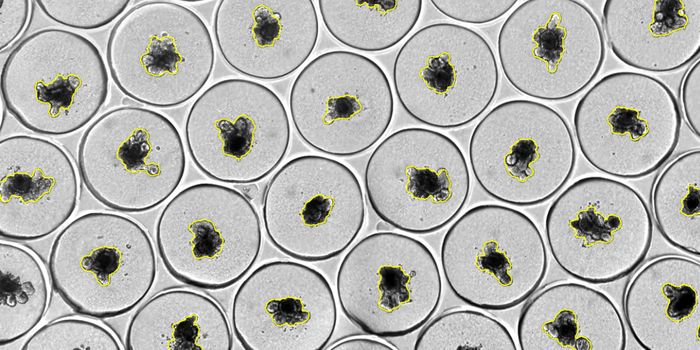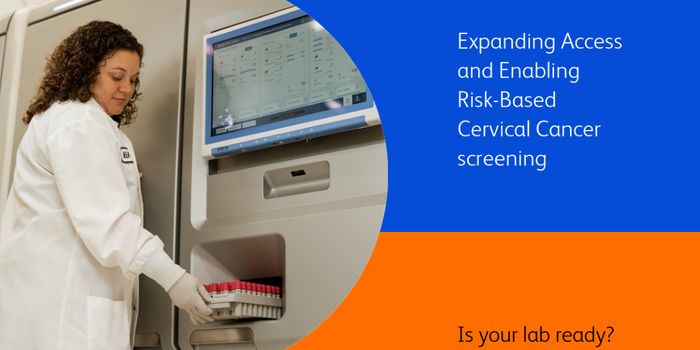Cancer Vaccines: Preventative and Therapeutic
Vaccines play an important role in public health as well as our health and well-being. Babies often get various vaccines, including diphtheria, tetanus, and acellular pertussis (DTaP) and measles, mumps, rubella (MMR). Influenza (flu), novel coronavirus disease 2019 (COVID-19), and shingles vaccines have become common for adults. Recently, respiratory syncytial virus (RSV) vaccination has gained in popularity. While vaccination can be a polarizing topic, many people vaccinate themselves or their children in an effort to protect from illness and disease.
You may not be as familiar with cancer vaccines, which work to prevent or treat different malignancies. While cancer vaccines have shown clinical effects, cures remain uncommon. Ongoing research seeks to improve the efficacy of cancer vaccines, and much of this work focuses on combining cancer vaccines with other treatments, like immunotherapy or chemotherapy.
Preventative Cancer Vaccines
Similar to how flu shots act by preventing a vaccinated individual from a viral infection, preventative cancer vaccines reduce cancer risk by preventing infection by viruses that cause cancer. These vaccines enhance the immune system, boosting its ability to fight off foreign microbes that cause infection. The FDA has approved two preventative cancer vaccines: one for human papillomavirus (HPV) and the other for hepatitis B.
HPV infection rates remain very high in sexually active individuals and an estimated incidence in about 40% of adults in the United States. Chronic infection by the HPV virus increases the risk of several types of cancer, including cervical and head and neck cancers. The only HPV vaccine distributed in the United States, (GARDASIL® 9), protects vaccinated individuals from nine strains of HPV. The Centers for Disease Control (CDC) recommends that children aged 11 to 12 receive two doses of the HPV vaccine.
The hepatitis B vaccine protects against liver disease caused by the hepatitis B virus. Because hepatitis B infection correlates to liver malignancies, this vaccination can reduce the risk of liver cancer. The CDC recommends HPV vaccination for infants and high-risk adults.
Therapeutic Cancer Vaccines
A different class of cancer vaccines, therapeutic cancer vaccines, can help treat cancer that has already developed. These vaccines teach your natural immune system to recognize abnormal (cancerous) cells by administering proteins called antigens, which are present on cancer cells. This trains the immune system to recognize antigens as foreign invaders and initiates an immune response to eliminate these cancer cells expressing that antigen.
One therapeutic cancer vaccine, Provenge®, (sipuleucel-T), aids in the treatment of men with metastatic prostate cancer. This treatment regimen involves the removal of a patient’s immune cells via a blood draw. In a laboratory, the cells are exposed to a prostate cancer antigen to recognize the antigen when returned to the patient’s body.
Another example of a therapeutic cancer vaccine, Bacillus Calmette-Guérin (BCG), is used to treat bladder cancer. The BCG vaccine consists of tuberculosis bacteria which has been inactivated (and therefore does not cause tuberculosis infection). The inactivated bacteria activate the immune system, helping it kill bladder cancer cells in the body.
Sources: NEJM, Int J Nurs Stud, Sci Transl Med, Sex Transm Dis









